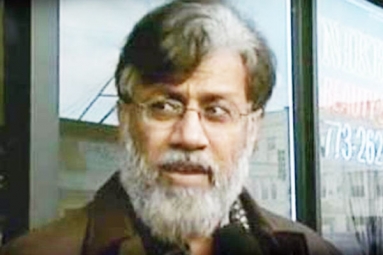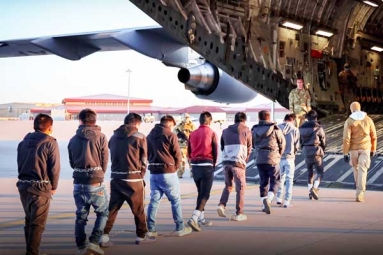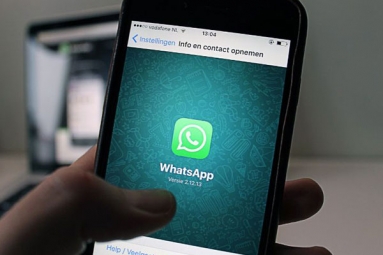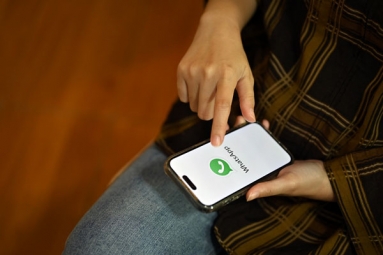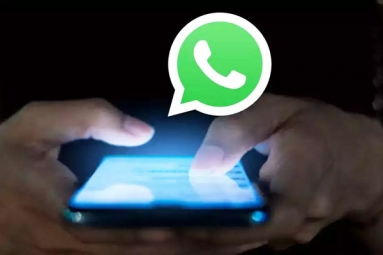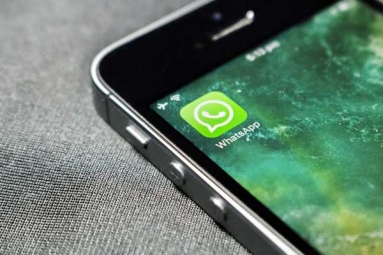
WhatsApp's legal representative informed the Delhi High Court that the messaging platform, which is owned by Meta, would cease to exist if compelled to compromise its encryption. The lawyer also emphasized that individuals choose to use WhatsApp because it ensures privacy and employees end-to-end encryption for messages. These statements were made during the court's consideration of petitions filed by WhatsApp and its parent company, formerly known as Facebook Inc. and now referred to as Meta. The petitions challenge the 2021 Information Technology (IT) rules for social media intermediaries, which require WhatsApp to trace chats and establish the original source of information. The Centre introduced the Information Technology (Intermediary Guidelines and Digital Media Ethics Code) Rules, 2021 on February 25, 2021, mandating compliance with the latest regulations for major social media platforms such as Twitter, Facebook, Instagram, and WhatsApp. In the court proceedings, Tejas Karia, the lawyer representing WhatsApp, conveyed to the bench comprising Acting Chief Justice Manmohan and Justice Manmeet Pritam Singh Arora, "If we are instructed to compromise encryption, WhatsApp will no longer be viable. We would be compelled to retain an entire chain of messages, without knowledge of which ones would need to be decrypted."
The lawyer stated that an immense number of messages would need to be stored for a lengthy period of time. The court questioned if any other country had a similar law in place, to which the lawyer responded that no such rule existed anywhere else in the world, including Brazil. The court acknowledged that privacy rights were not absolute and that a balance needed to be struck. Meanwhile, the lawyer representing the Centre argued that the rule was crucial in cases involving the spread of objectionable content and communal violence. The court set a hearing date for August 14 to await the transfer of other petitions challenging various aspects of the 2021 IT Rules. Previously, the Supreme Court had transferred a batch of pleas from different high courts to the Delhi High Court, including petitions from Karnataka, Madras, Calcutta, Kerala, and Bombay, all challenging the Information Technology Rules.



